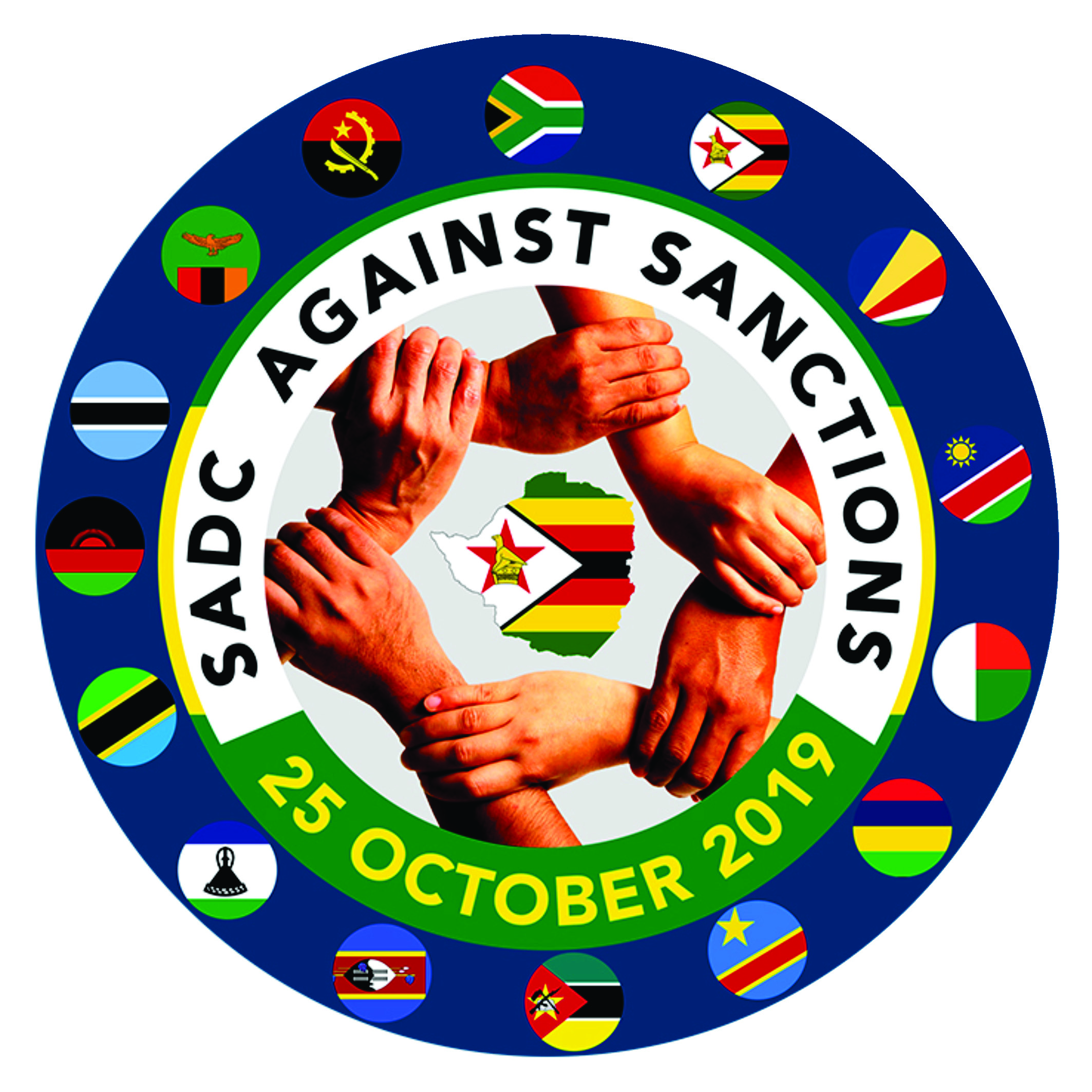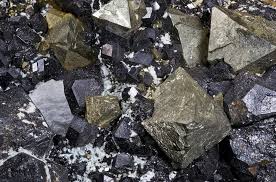Down, struggling – Dorowa Minerals’ sanctions tale
Share

Harare (New Ziana) – As the Southern African Development Community (Sadc) anti-sanctions day on Friday approaches, the debate about whether the sanctions are “targeted” at individuals or are responsible for the economic challenges Zimbabwe is facing has re-ignited.
SADC at its annual summit held in Tanzania in August declared October 25 a day all member states will hold anti-sanctions activities in solidarity with Zimbabwe.
On one hand, the Zimbabwe government insists that its decision to re-distribute land in the late 1990’s is the sole reason relations with the West, especially former colonial master Britain, soured leading to the imposition of sanctions.
The historic land reform programme saw the Zimbabwe government compulsorily acquire vast tracts of prime agricultural land that was in the hands of a few white commercial farmers to resettle thousands of landless black families.
Although it is widely accepted, even in the West, that land ownership was the primary reason blacks waged a bitter armed struggle against the former white settler regime, the West responded harshly to the agrarian reforms by imposing illegal economic sanctions which still exist two decades on.
On the other hand, the West insists the sanctions are targeted and were imposed on a few individuals as a result of so called human rights abuses, but it is common knowledge that the West did not take kindly to the decision by the government to empower its citizens through the land.
But, perhaps targeted is the correct word after all, considering that certain companies that are of crucial importance to the agricultural sector and the economy at large were targeted by the illegal sanctions, impacting their ability to continue driving the agriculture sector which had for years been the mainstay of Zimbabwe’s economy.
Dorowa Minerals is a classic example of how the “targeted” sanctions were used to bring down a once vibrant fertiliser industry in Zimbabwe, sending ripple effects throughout the agriculture value chain.
Founded in the 1960’s, Dorowa Minerals is the only phosphate miner in Zimbabwe wholly owned by Chemplex Corporation which in turn is wholly owned by the Industrial Development Corporation (IDC).
The mine produces phosphate concentrates which are a crucial raw material in the production of fertilisers and other chemical products in the agriculture value chain by companies including Zimphos, Sable Chemicals and the Zimbabwe Fertiliser Company, all sister companies of Dorowa under the IDC stable.
The IDC was placed under sanctions by the U.S in the aftermath of the land reform programme and was only removed in 2016, but not before most of the companies under its portfolio, including Dorowa, had buckled under the harsh restrictions.
At peak, Dorowa could produce around 150 000 tonnes of phosphate concentrate per year, but capacity plummeted to 10 percent at the height of the economic sanctions.
“That is (the period) where they had their debts ballooning and most of their operations really went down, they ended up, round about 2015, at 10 percent capacity. IDC is a big institution, Chemplex is under IDC which affects Dorowa, Zimphos and Sable, that is how they were targeting the anchors of our economy, to really cripple them,” said Industry and Trade Minister Mangaliso Ndlovu during a familiarisation tour of the mine.
Dorowa Minerals general manager Charles Mangadze said the sanctions on IDC affected the miner which now requires about $10 million in fresh capital to recapitalise its operations.
“IDC was on sanctions together with its subsidiaries so it used to be an issue,” he said.
The sanctions, which have badly affected every sector of Zimbabwe’s economy, have cost the country in excess of US$90 billion in economic damages over the years through, among other things, limiting Zimbabwean businesses’ access to international markets.
Prior to the sanctions, Zimbabwe used to produce enough fertiliser for its domestic needs while also exporting into the region and beyond.
“In the past it was actually unusual for people to talk of importing fertiliser because it was expected that it comes from our local producers. That capacity is still there.”
But, despite the huge setbacks experienced due to sanctions, Dorowa is keen to soldier on.
“But since we were removed from the sanctions, we have managed to do a refurbishment programme at a cost of about $5 million. As a result of that right now we are operating at between 60-65 percent capacity. Our aim is to go beyond that, we expect to be operating at maximum capacity so that we feed the local agriculture industry like we used to do in the past,” Mangadze said.
Chemplex chief executive officer Tapuwa Mashingaidze said the country could again attain fertiliser self sufficiency.
“We need to place a lot more emphasis on the primary manufacture of the fertilizer material locally and this is where companies like Dorowa and Zimphos come in.
“We believe it is a strategic industry important to agriculture and if we are to have a green revolution in Zimbabwe as they have had in other countries in Asia for example, we need to have a stronger fertilizer industry,” he said.
New Ziana









